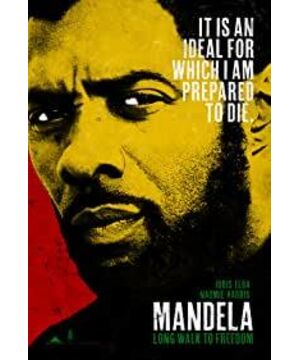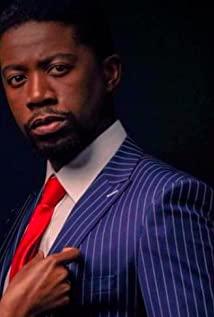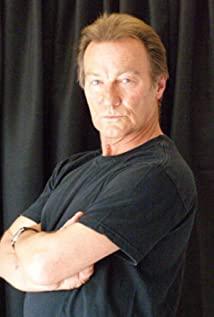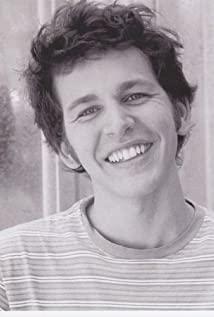I don't know much about the history and politics of South Africa, and I don't have time to read the original book, so I can get a general understanding of Mandela and South Africa through this film.
This film can't tell everything about Mandela completely, because the autobiography only ends when he takes office. As a human rights fighter, Mandiba was successful, at least he achieved equal rights for blacks and whites and removed racial segregation.
As for his understanding of economic construction, South Africa's economy and comprehensive national strength are set back, I don't think it can be beaten to death. The issue of human rights, no matter from which point of view, takes priority over economic construction, especially in South Africa, a multi-racial country where blacks and whites coexist. Only by giving blacks equal rights to education and work opportunities can they recover from poverty. Standing up from backwardness and ignorance may take several generations. The regress of national strength and social turmoil may also be just a trade-off in exchange for multi-racial co-prosperity.
Of course, the above is just my guess, because I was also reminded that deindustrialization was proposed after equal rights, and this is the main reason for the decline of South Africa's national strength. This point cannot be explained at present and needs to be learned.
Speaking of movies, or the last part of this Mandela autobiography, in fact, there is another layer of meaning, that is, Mandela let the black people put down their hatred and choose to forgive the white people. This is also another great achievement of Mandela. He brought South Africa. Peace.
Following this line of thought, I kind of want to read Tutu's book "No Forgiveness, No Future".
View more about Mandela: Long Walk to Freedom reviews











